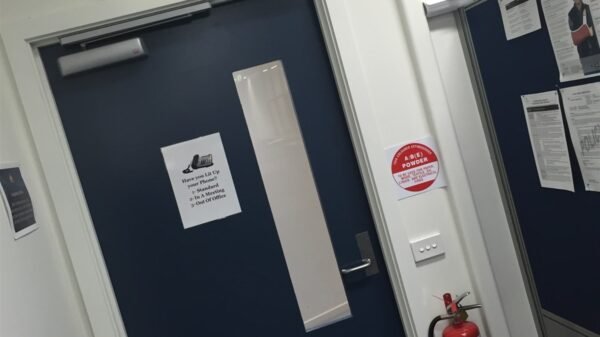Fire safety is a paramount concern for both residential and commercial settings. This informative blog post delves into essential safety measures, practical insights, and expert tips to fortify your space against fire hazards, thereby bolstering fire prevention and preparedness.
Understanding Common Fire Hazards
- Electrical Precautions: Identifying overloaded circuits, frayed wiring, and faulty appliances is pivotal in mitigating electrical fire risks.
- Kitchen Safety Protocols: Implementing safe cooking practices, proper appliance usage, and vigilant grease management minimizes the likelihood of kitchen fires.
- Heating Equipment Vigilance: Regular maintenance of heating systems, usage of space heaters in accordance with safety guidelines, and chimney inspections are vital for preventing heating-related fires.
Smoke Detection and Alarming Systems
Incorporating reliable smoke detection and alarming technologies is crucial for timely fire detection and evacuation preparedness:
- Strategic Placement: Installing smoke detectors in key areas and ensuring regular testing and maintenance enhances early fire detection capabilities.
- Alarm Effectiveness: Employing interconnected alarm systems and audible alerts throughout the premises ensures swift notification and response to potential fire incidents.
- Carbon Monoxide Monitoring: Integrating carbon monoxide detectors alongside smoke alarms offers comprehensive protection against silent yet deadly hazards.
Fire Suppression and Extinguishing Methods
Equipping the space with effective fire suppression tools and extinguishing methods is fundamental for containing and extinguishing fires:
- Fire Extinguishers: Knowledge of fire extinguisher types, placement in accessible locations, and employee training in proper usage is indispensable for fire mitigation.
- Sprinkler Systems: Installing automatic fire sprinkler systems provides continuous fire suppression, significantly reducing property damage and safeguarding occupants.
- Fire Blankets and Sand Buckets: Supplementing traditional fire extinguishers with fire blankets and sand buckets offers additional means of containing small-scale fires.
Evacuation Planning and Drills
Establishing robust evacuation protocols and conducting regular drills is imperative for ensuring swift and orderly evacuation during fire emergencies:
- Clear Exit Routes: Maintaining unobstructed exit pathways, clearly marked escape routes, and illuminated exit signs streamlines evacuation procedures.
- Emergency Communication: Implementing clear communication channels for relaying fire alerts, evacuation instructions, and assembly point details is essential for organized responses.
- Drill Frequency: Conducting routine fire drills, simulating various scenarios, and evaluating evacuation efficiency reinforces preparedness and responsiveness.
Fire Safety Education and Training
Promoting fire safety awareness and providing comprehensive training empowers individuals to proactively contribute to fire prevention and emergency response:
- Employee Education: Imparting fire safety knowledge, hazard identification skills, and evacuation protocols to employees fosters a culture of vigilance and preparedness.
- Community Outreach: Extending fire safety education to residents, tenants, or community members cultivates a shared responsibility for fire prevention and safety.
- Specialized Training: Offering specialized training for designated fire marshals, first aid responders, and safety coordinators enhances on-site preparedness and response capabilities.
Maintenance of Water Heating Systems to Prevent Fires
Regular maintenance of water heating systems is crucial for preventing potential fire hazards in both residential and commercial properties. In areas like Salt Lake City, where temperatures can vary significantly, water heaters are utilized extensively, making their upkeep paramount for safety and efficiency. It’s important to ensure that these systems are installed away from flammable materials and are regularly checked for gas leaks or faulty electrical connections, which could lead to fires. Local professionals specializing in water heater repair in Salt Lake City can provide essential services such as routine inspections, maintenance, and repairs, helping to mitigate the risk of fire while ensuring the longevity and safe operation of these units. Employing the expertise of these specialists not only contributes to a safer environment but also promotes energy efficiency and cost savings.
Effective fire prevention encompasses a multifaceted approach, encompassing hazard identification, technological integration, preparedness initiatives, and comprehensive education. By adopting the essential safety measures and expert insights outlined in this blog post, individuals and organizations can fortify their spaces against fire hazards, instill a culture of vigilance, and ensure swift and coordinated responses in the event of a fire emergency.




























































